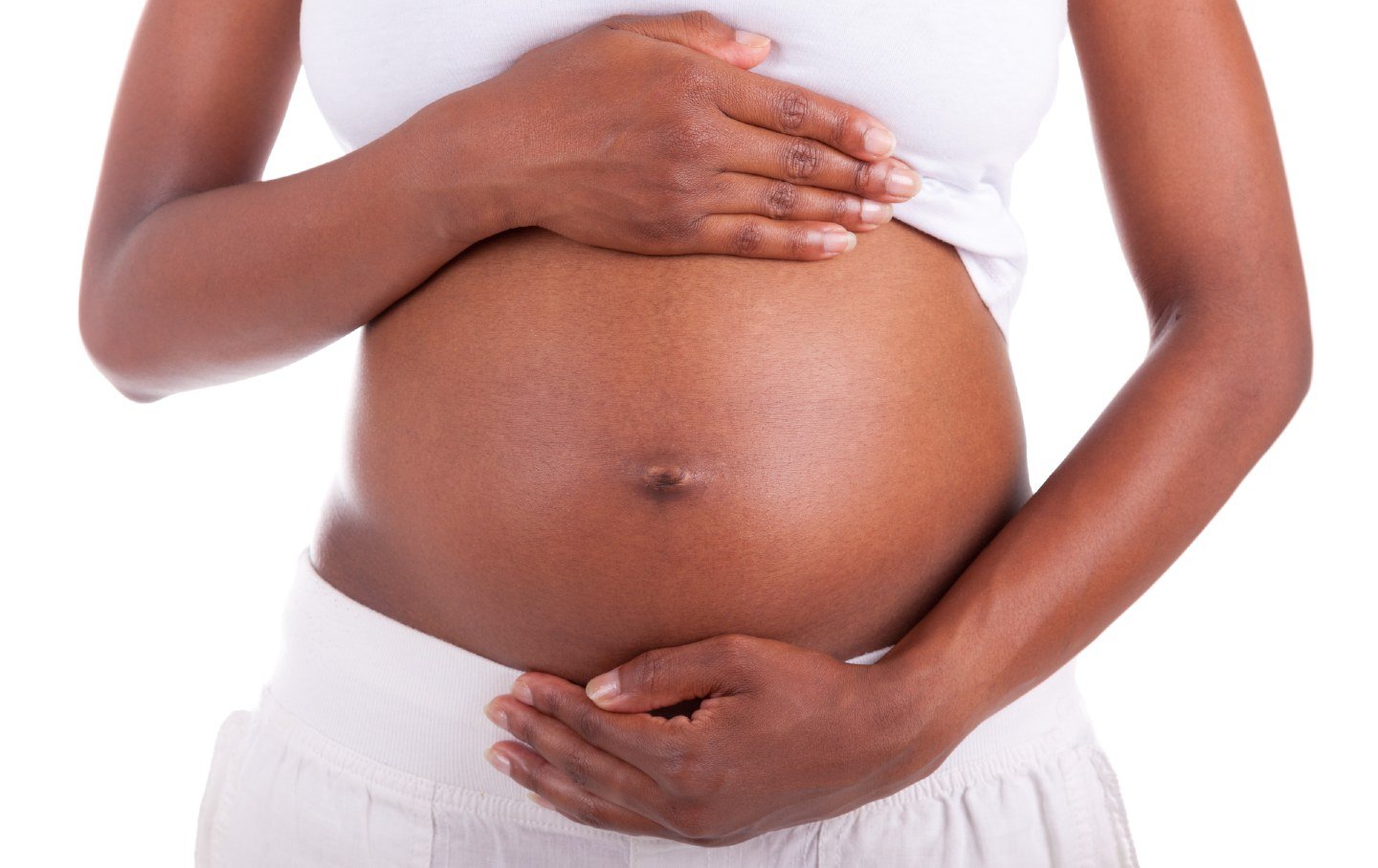Discover Birthmark's Mission. Share Birthmark's Story.
Explore Birthmark's Media Kit
🚨 BREAKING NEWS: Lawsuit Challenges Louisiana Law Classifying Essential Medications as Controlled Substances 🚨
Today Oct 31st, a group of dedicated birth workers, medical professionals, advocates, and community members have taken a stand for accessible, life-saving healthcare in Louisiana by challenging Act 246, which classifies the medications mifepristone and misoprostol as controlled substances. These medications, used not only for safe abortion but also critical care in postpartum hemorrhage, miscarriage management, and more, are now restricted under a law that threatens immediate access for those in need.
🔗 Read more and stand with us in the fight for health equity!
On Sunday, April 30th, Birthmark Doula Collective was featured on an episode of 60 Minutes, highlighting the state of Maternal Health in Louisiana.
Rewire News Group
by Latona Giwa
August 29, 2022
As young girls, the Relf sisters were sterilized without consent. What does the government owe them — and the thousands of other living victims?
Antigravity
by Steph Visco
May 2022
The Nation
by Latona Giwa
April 12, 2022
HUFFPOST
by Latona Giwa
May 31, 2020
ANTIGRAVITY |
by Malaika Ludman
January 2020
When Simone Landrum felt tired and both nauseated and ravenous at the same time in the spring of 2016, she recognized the signs of pregnancy. Her beloved grandmother died earlier that year, and Landrum felt a sense of divine order when her doctor confirmed on Muma’s birthday that she was carrying a girl. She decided she would name her daughter Harmony. “I pictured myself teaching my daughter to sing,” says Landrum, now 23, who lives in New Orleans. “It was something I thought we could do together.”
LOUISIANA WEEKLY |
Black women are turning to Midwives to avoid COVID and ‘feel cared for’
by Rachel Schneier
ROMPER.COM |
Where Systems Have Failed, Community Support Is Helping Black Mothers Reclaim Breastfeeding
by Kelly Glass
NEW ORLEANS MOM’S BLOG |
Be the change Spotlight: New Orleans Breastfeeding Center
by Amanda Bensabat
“A Vulnerable Time To Be a Young Family in an Emergency”: Qualitative Findings From an Exploration of an Emergency Perinatal and Infant Feeding Hotline in Louisiana
by Tyra T. Gross, PhD, MPH1 , Malaika Ludman, MPH, CLC2 , and Alexis Woods Barr, PhD, MS, CPH










